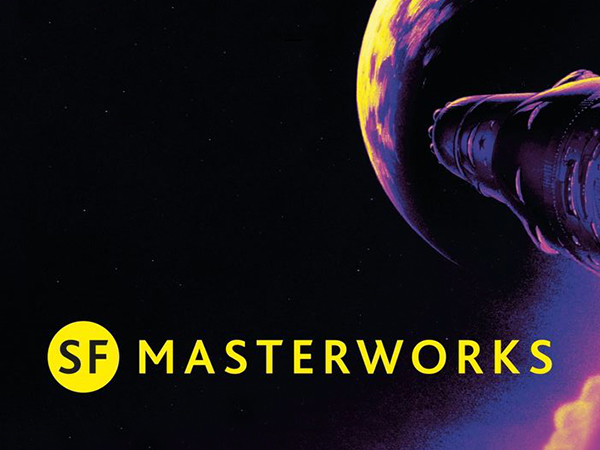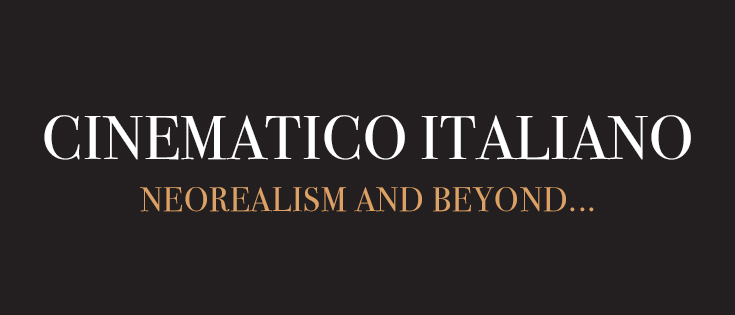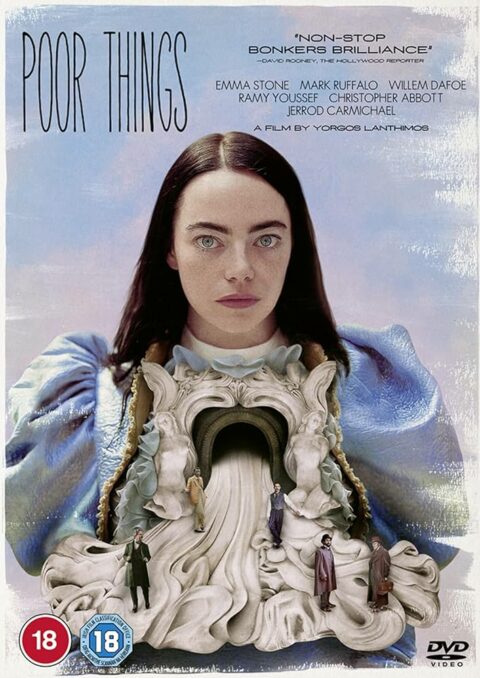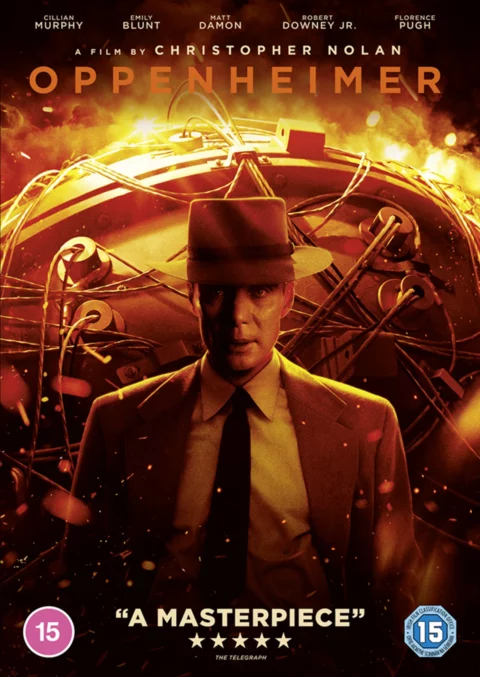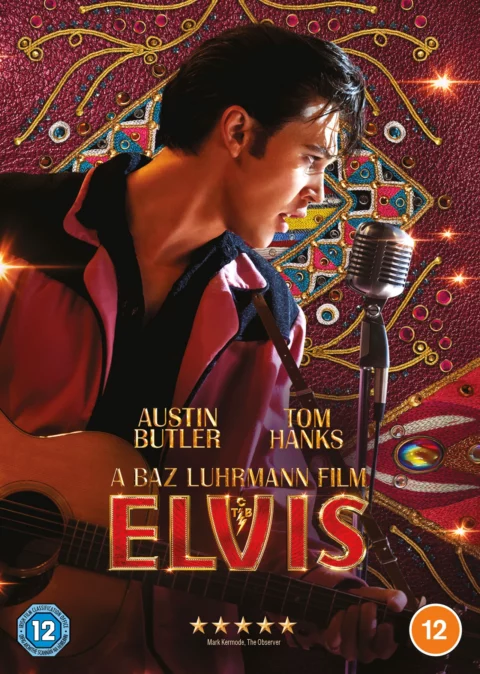latest music reviews
Caroline Polachek Desire, I Want To Turn Into You
“a warm horizon” for caroline polachek caroline polachek’s highly anticipated fourth solo album ‘desire, i want to turn into you’... read more
Fizz The Secret To Life
the supergroup fizz, comprised of the incredibly talented quartet of musicians orla gartland, dodie, greta isaac and martin luke brown,... read more
Priya Ragu Santhosam
Priya Ragu is a pop musician unlike any other. Her 2021 mixtape damnshestamil is an incredible body of work that fuses together alternative... read more
The Rolling Stones Hackney Diamonds
The Rolling Stones have once again defied the boundaries of time and expectations with their 2023 release, Hackney Diamonds. This... read more
latest film reviews
Poor Things
Yorgos Lanthimos (the favourite, the lobster) mesmerises audiences once again with Poor Things, a whimsical yet profound tale that defies expectations and embraces the surreal. It tells the story of Bella Baxter, who is brought to life with grace and depth by the incomparable Emma Stone. As we journey into... read more
Oppenheimer
Christopher Nolan's Oppenheimer is a triumph that plunges audiences into the moral intricacies of the Manhattan Project, delivering an exceptional narrative against the sweeping backdrop of scientific breakthroughs and 20th-century moral quandaries, with Nolan tackling this weighty historical subject with a unique blend of visual brilliance and narrative depth, creating... read more
Elvis
Baz Luhrmann's highly anticipated biopic of the king of rock n roll takes audiences on an electrifying journey into the life and legacy of one of the greatest musical icons of all time, with his trademark flamboyance and attention to visual spectacle, Luhrmann brings a fresh perspective to the story... read more

